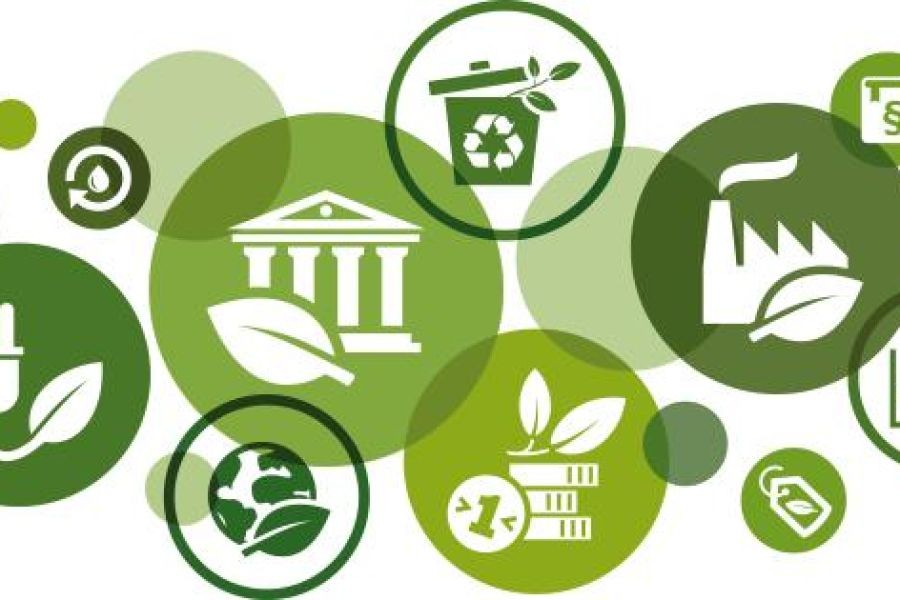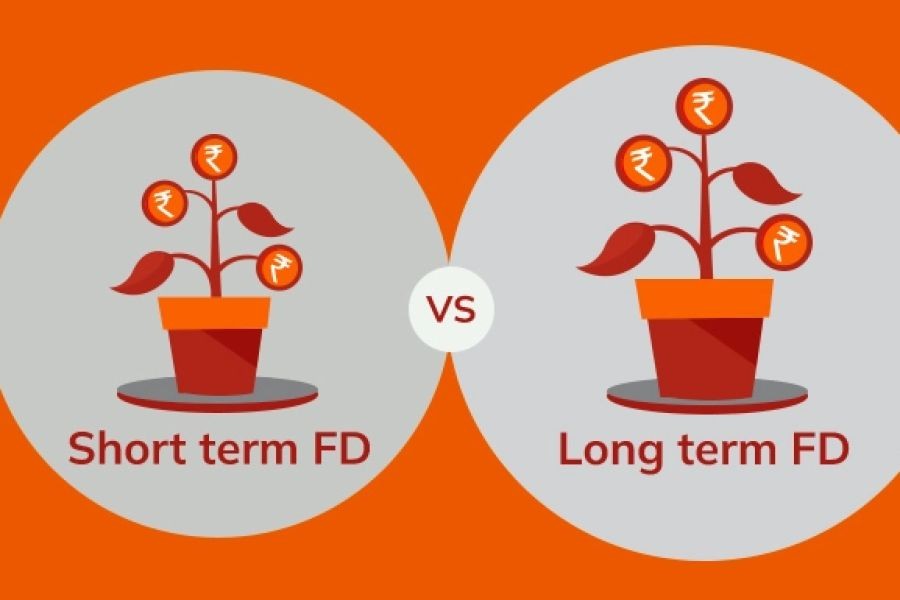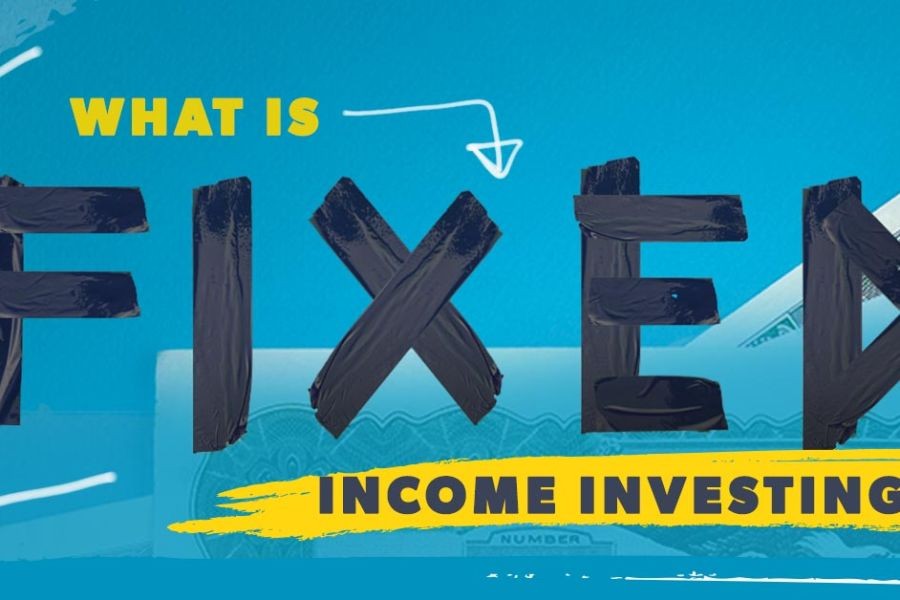In today's rapidly evolving business landscape, the push towards sustainability has become more than just a trend; it's a critical driver of economic prosperity. For New Zealand, a nation renowned for its pristine landscapes and commitment to environmental stewardship, integrating green policies into economic strategies is not merely an option—it's a necessity. As the world grapples with climate change, New Zealand’s approach to green policies could serve as a blueprint for balancing ecological responsibility with economic growth.
How It Works: A Deep Dive into Green Policies
Green policies encompass a broad spectrum of initiatives aimed at reducing environmental impact while promoting economic growth. They include renewable energy incentives, sustainable agricultural practices, and eco-friendly urban planning, among others. New Zealand is already a leader in this area, with over 80% of its electricity generated from renewable sources, primarily hydroelectric and geothermal power (Stats NZ, 2023). This commitment not only reduces carbon emissions but also positions New Zealand as a global leader in sustainable energy.
New Zealand’s Green Success Story
New Zealand’s Emissions Trading Scheme (ETS) serves as a cornerstone of its green policy framework. Introduced in 2008, the ETS aims to reduce greenhouse gas emissions through a cap-and-trade system. By putting a price on carbon, it incentivizes businesses to adopt cleaner technologies and practices, thus driving innovation and reducing environmental impact. The results have been significant: between 2008 and 2022, New Zealand’s carbon emissions per capita decreased by 19% (Ministry for the Environment, 2022).
Pros and Cons Evaluation
Pros:
- Economic Growth: Green policies stimulate investment in clean technologies, creating jobs and boosting economic activity. According to MBIE, the renewable energy sector in New Zealand has seen a 30% increase in job creation since 2018.
- Environmental Benefits: Green policies lead to a reduction in pollution and conservation of natural resources, preserving New Zealand’s unique biodiversity.
- Global Leadership: By adopting green policies, New Zealand enhances its international reputation, attracting eco-conscious tourists and investors.
Cons:
- Initial Costs: Transitioning to green technologies requires significant upfront investment, which can be a barrier for small businesses.
- Regulatory Challenges: Implementing green policies requires navigating complex regulatory landscapes, which can be resource-intensive.
- Market Volatility: The green sector can be susceptible to market fluctuations, affecting the stability of investments.
Case Study: Meridian Energy – Leveraging Green Policies
Problem: Meridian Energy, one of New Zealand’s leading renewable energy companies, faced challenges in scaling its operations while maintaining sustainability. The company needed to expand its renewable energy capacity to meet growing demand without increasing its carbon footprint.
Action: Meridian Energy implemented a strategic expansion of its wind and solar farms, supported by government incentives under New Zealand’s green policies. This move was complemented by an innovative approach to energy storage solutions.
Result: Over five years, Meridian Energy increased its renewable energy output by 45%, reducing its carbon emissions by 30%. This green strategy not only enhanced its market position but also contributed to New Zealand’s overall sustainability goals.
Takeaway: The case of Meridian Energy underscores the potential of green policies to drive sustainable growth. New Zealand businesses can leverage similar strategies to enhance their environmental and economic performance.
Common Myths & Mistakes
Myth: Green policies are economically detrimental. Reality: In reality, green policies can drive significant economic growth by fostering innovation and creating new industries.
Myth: Green technologies are unreliable. Reality: Technological advancements have made renewable energy sources more reliable and efficient than ever before.
Myth: Only large corporations benefit from green policies. Reality: Small and medium-sized enterprises can also benefit through innovation grants and subsidies aimed at promoting sustainability.
Future Trends & Predictions
Looking ahead, New Zealand is poised to strengthen its position as a leader in sustainable development. By 2030, it is predicted that 95% of New Zealand’s electricity will be generated from renewable sources, further reducing the country’s carbon footprint (Deloitte NZ Energy Report, 2023). Additionally, advancements in green technologies, such as hydrogen energy and carbon capture, are expected to play a crucial role in achieving national sustainability targets.
Conclusion
Green policies offer a pathway to sustainable economic growth, positioning New Zealand as a model for integrating environmental stewardship with economic prosperity. As businesses and policymakers continue to embrace these initiatives, the benefits will extend beyond the environment, fostering innovation, creating jobs, and enhancing the country's global reputation. Are you ready to join the green revolution? Share your thoughts and strategies in the comments below!
Related Search Queries
- New Zealand green policy initiatives
- Economic impact of renewable energy in NZ
- Sustainable business practices in New Zealand
- Green technology advancements in NZ
- Environmental regulations in New Zealand
People Also Ask (FAQ)
How do green policies impact businesses in New Zealand? Green policies in New Zealand promote innovation and investment in clean technologies, leading to a 30% increase in job creation in the renewable energy sector (MBIE).
What are the biggest misconceptions about green policies? A common myth is that green policies are economically detrimental, whereas they actually drive growth by fostering innovation and creating new industries.
What upcoming changes in New Zealand could affect green policies? By 2026, policy updates in the energy sector could significantly shift the landscape, emphasizing renewable energy and carbon reduction targets.

































FelicaReib
10 months ago